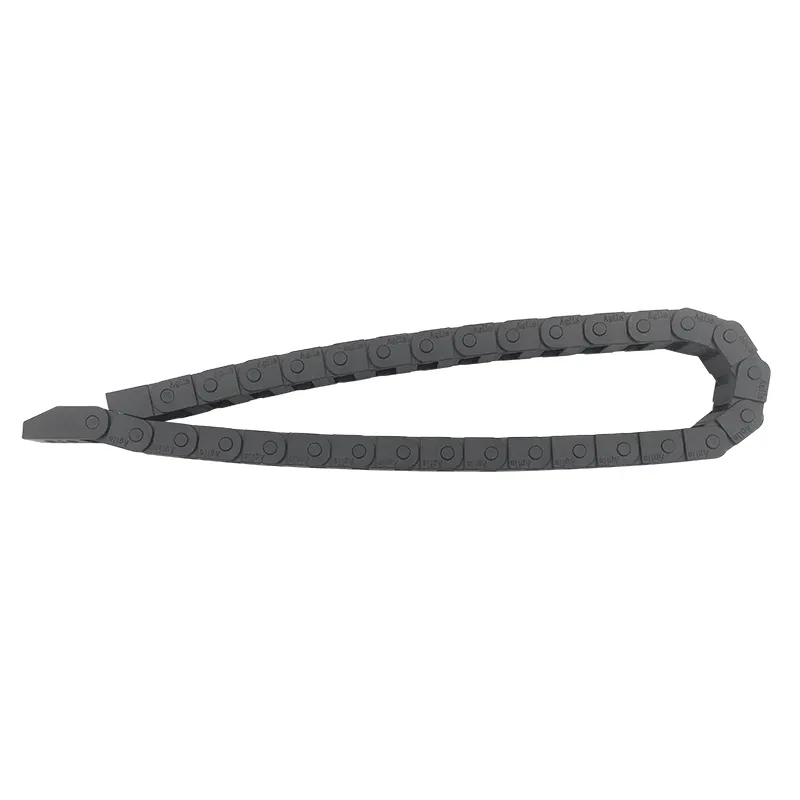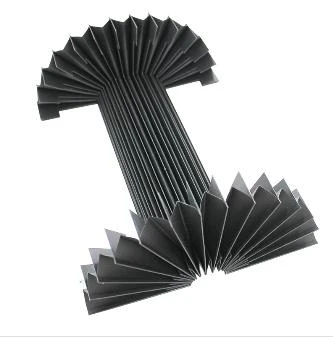chip conveyor types
In the realm of modern manufacturing, chip conveyors play a crucial role in ensuring efficiency and productivity. Understanding the various types of chip conveyors available can significantly influence the decision-making process for many industries, from automotive to aerospace. A comprehensive grasp of these options guarantees not only enhanced operational flow but also extends the longevity of machining equipment.
In settings where space constraints are a limitation, drag chain conveyors provide a valuable alternative. Utilizing a series of metal or plastic plates attached to chains, they can move a variety of chip types across horizontal or inclined planes. Particularly impressive is their capacity to handle metal chips interspersed with coolant and oil mixtures, enabling efficient recycling processes. Manufacturing environments where floor space is a premium benefit greatly from the compact yet powerful design of drag chain conveyors. Hinged Belt Conveyors For operations that demand heavy-duty processing, hinged belt conveyors provide unmatched durability and capability. They're designed to handle large volumes of chips, including those mixed with other debris like turnings. The hinged design allows for self-cleaning, significantly reducing maintenance efforts and downtime. These conveyors dominate the foundries and heavy machining industries due to their capability to transport abrasive and tough handling materials effectively. Pneumatic Conveyors Pneumatic conveyors offer a versatile and efficient solution for moving chips over long distances, leveraging air pressure to do so. They are particularly useful when chips need to be transferred to a distant location for recycling or waste management, offering both horizontal and vertical transport options. Their design is sealed, reducing the risk of contamination and making them suitable for environments that adhere to strict cleanliness standards, such as pharmaceutical or food processing industries. Customizable Options It's essential to note that today's market doesn't solely offer off-the-shelf solutions. Many manufacturers provide customizable chip conveyors tailored to specific needs. Whether it's a hybrid design combining multiple types or integrating smart technologies for automation and real-time monitoring, customization enhances functionality and aligns with manufacturing goals efficiently. This adaptability makes customized chip conveyor systems indispensable for businesses aiming for a competitive edge in process optimization. In conclusion, selecting the appropriate chip conveyor type is a pivotal decision that impacts not only the immediate operational efficiency but also long-term equipment sustainability and cost-effectiveness. It's imperative to assess the specific requirements of your manufacturing processes, chip typologies, and environmental factors before finalizing the conveyor system. The diverse array of chip conveyor systems available on the market ensures that whether for precision micro-machining or heavy metal processing, there's a tailored solution to meet every need.


In settings where space constraints are a limitation, drag chain conveyors provide a valuable alternative. Utilizing a series of metal or plastic plates attached to chains, they can move a variety of chip types across horizontal or inclined planes. Particularly impressive is their capacity to handle metal chips interspersed with coolant and oil mixtures, enabling efficient recycling processes. Manufacturing environments where floor space is a premium benefit greatly from the compact yet powerful design of drag chain conveyors. Hinged Belt Conveyors For operations that demand heavy-duty processing, hinged belt conveyors provide unmatched durability and capability. They're designed to handle large volumes of chips, including those mixed with other debris like turnings. The hinged design allows for self-cleaning, significantly reducing maintenance efforts and downtime. These conveyors dominate the foundries and heavy machining industries due to their capability to transport abrasive and tough handling materials effectively. Pneumatic Conveyors Pneumatic conveyors offer a versatile and efficient solution for moving chips over long distances, leveraging air pressure to do so. They are particularly useful when chips need to be transferred to a distant location for recycling or waste management, offering both horizontal and vertical transport options. Their design is sealed, reducing the risk of contamination and making them suitable for environments that adhere to strict cleanliness standards, such as pharmaceutical or food processing industries. Customizable Options It's essential to note that today's market doesn't solely offer off-the-shelf solutions. Many manufacturers provide customizable chip conveyors tailored to specific needs. Whether it's a hybrid design combining multiple types or integrating smart technologies for automation and real-time monitoring, customization enhances functionality and aligns with manufacturing goals efficiently. This adaptability makes customized chip conveyor systems indispensable for businesses aiming for a competitive edge in process optimization. In conclusion, selecting the appropriate chip conveyor type is a pivotal decision that impacts not only the immediate operational efficiency but also long-term equipment sustainability and cost-effectiveness. It's imperative to assess the specific requirements of your manufacturing processes, chip typologies, and environmental factors before finalizing the conveyor system. The diverse array of chip conveyor systems available on the market ensures that whether for precision micro-machining or heavy metal processing, there's a tailored solution to meet every need.








